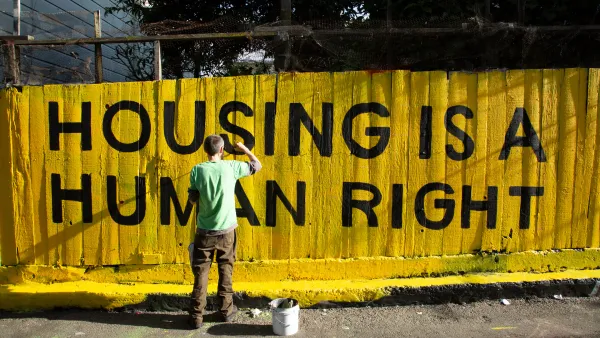Lecturers call race a "surrogate" for socioeconomic factors that determine health outcomes, reports Beth Fitzgerald.
A day-long conference on health in black communities last week highlighted racial disparities in health, but speakers identified socioeconomic, cultural, and geographic factors as more important determinants than race.
The conference, entitled "Taking Good Care: A History of Health and Wellness in the Black Community," was part of Rutgers University's annual Marion Thompson Wright lecture series. Keynote speaker and former Surgeon General Dr. Joycelyn Elders hinted at the point when she said, "Today, we could all do more for our own health than all the medical discoveries in the past 100 years."
Researchers who presented at the conference indicated that the health outcomes they observed in poor neighborhoods – often food deserts – emerged regardless of race. Rather, factors like education, access to public transportation, and clean air determined the likelihood of serious medical problems like heart disease and diabetes.
Elders also pointed to cultural habits as a culprit: "If you don't hurt and you don't bleed, in the black culture you aren't sick." That attitude prevents diagnoses for many asymptomatic conditions, such as high blood pressure, which in turn "kill us because we don't get a check-up."
FULL STORY: At Black Healthcare Conference, Class and Race are Recurring Themes

National Parks Layoffs Will Cause Communities to Lose Billions
Thousands of essential park workers were laid off this week, just before the busy spring break season.

Retro-silient?: America’s First “Eco-burb,” The Woodlands Turns 50
A master-planned community north of Houston offers lessons on green infrastructure and resilient design, but falls short of its founder’s lofty affordability and walkability goals.

Delivering for America Plan Will Downgrade Mail Service in at Least 49.5 Percent of Zip Codes
Republican and Democrat lawmakers criticize the plan for its disproportionate negative impact on rural communities.

Test News Post 1
This is a summary

Test News Headline 46
Test for the image on the front page.

Balancing Bombs and Butterflies: How the National Guard Protects a Rare Species
The National Guard at Fort Indiantown Gap uses GIS technology and land management strategies to balance military training with conservation efforts, ensuring the survival of the rare eastern regal fritillary butterfly.
Urban Design for Planners 1: Software Tools
This six-course series explores essential urban design concepts using open source software and equips planners with the tools they need to participate fully in the urban design process.
Planning for Universal Design
Learn the tools for implementing Universal Design in planning regulations.
EMC Planning Group, Inc.
Planetizen
Planetizen
Mpact (formerly Rail~Volution)
Great Falls Development Authority, Inc.
HUDs Office of Policy Development and Research
NYU Wagner Graduate School of Public Service





























